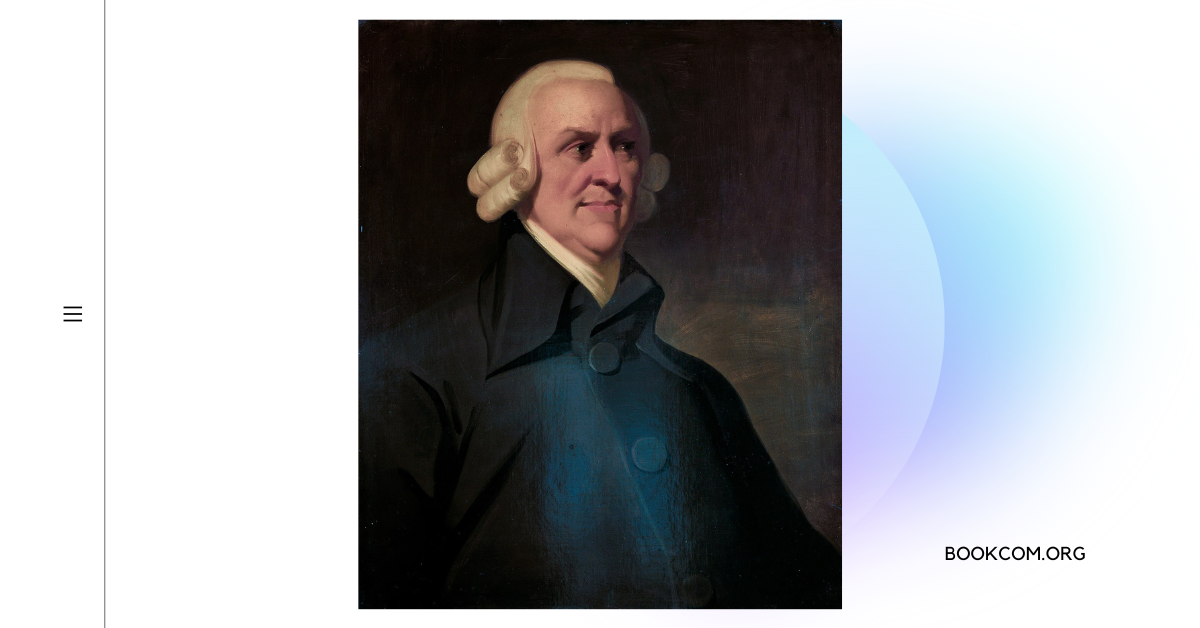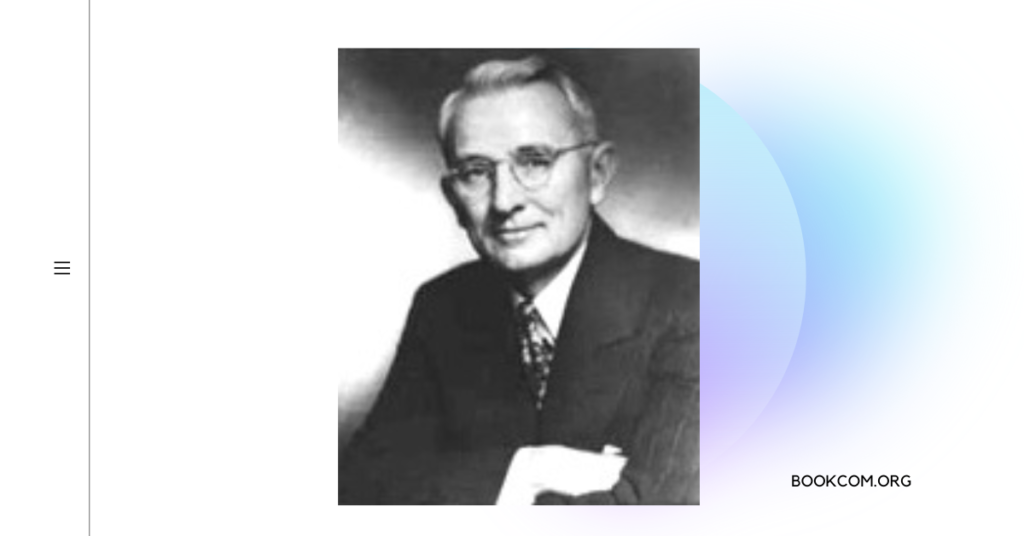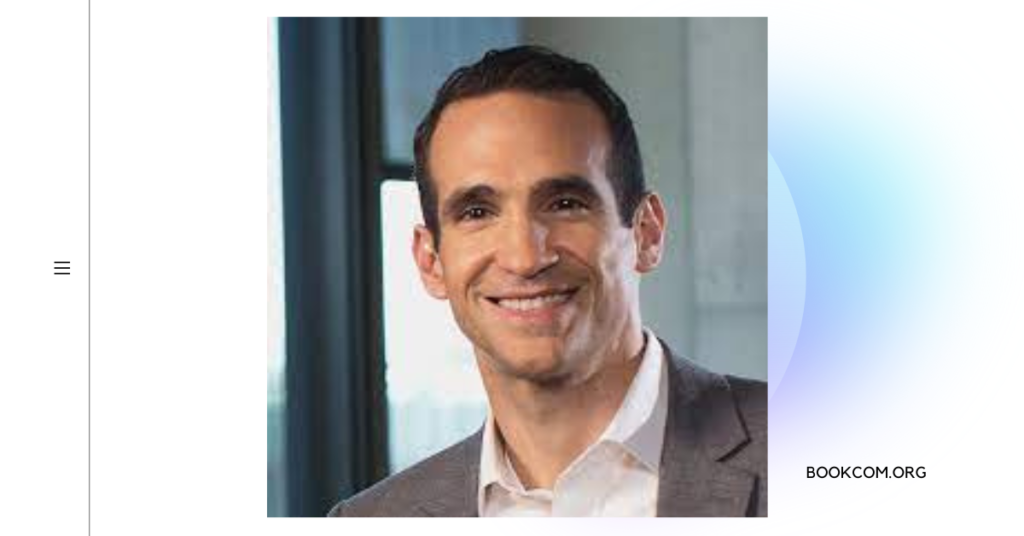Adam Smith (1723-1790) was a Scottish philosopher and economist whose groundbreaking work laid the foundation for modern economics. His insightful research methodology, notable contributions to the field, and exceptional ability to communicate complex ideas in accessible ways have left an indelible mark on readers and society.
Early Life and Education:
Born in Kirkcaldy, Scotland, in 1723, Smith displayed an exceptional intellect from an early age. He attended the University of Glasgow, where he studied moral philosophy under the renowned Francis Hutcheson. Smith’s education exposed him to a broad range of disciplines, allowing him to develop a multidimensional approach to his research.
The Analytical Mind: Research Methodology:
Smith’s research methodology was characterized by a unique blend of empiricism, rationality, and a deep understanding of human nature. He meticulously observed and analyzed economic phenomena, aiming to uncover the underlying principles governing human behavior and the functioning of markets. Smith’s analytical mind allowed him to delve into the complexities of economic systems while remaining grounded in real-world observations.
Notable Contributions:
The Wealth of Nations: Smith’s magnum opus, “The Wealth of Nations” (1776), remains one of the most influential economic treatises ever written. In it, Smith provided a comprehensive analysis of the forces driving economic growth, division of labor, market mechanisms, and the role of self-interest. His concept of the “invisible hand,” which suggests that individual self-interest, when pursuing economic activities, can unintentionally benefit society as a whole, revolutionized economic thought.
Theory of Moral Sentiments: Prior to “The Wealth of Nations,” Smith published “Theory of Moral Sentiments” (1759), where he explored the nature of morality and human behavior. This work emphasized the importance of empathy, sympathy, and moral sentiments in shaping societal harmony. Smith argued that self-interest should be tempered by moral principles, highlighting the complex interplay between economics and ethics.
Communicating Complex Ideas:
One of Smith’s greatest strengths was his ability to communicate complex economic concepts in a manner accessible to a wide audience. His writing style was clear, concise, and devoid of excessive jargon, making his ideas relatable to both scholars and laypeople. Smith’s talent for presenting intricate economic theories in an approachable way allowed his works to transcend academia and permeate public discourse.
Influence on Readers and Society:
Smith’s works have had a profound impact on readers and society at large. “The Wealth of Nations” ignited a fervent interest in economics among intellectuals and policymakers, shaping economic policies for centuries to come. The concept of the invisible hand has become a cornerstone of modern economic theory, underpinning discussions on the role of markets, government intervention, and the dynamics of wealth creation.
Smith’s writings also resonated with the public, inspiring a deeper understanding of economic principles and their connection to everyday life. His emphasis on the importance of individual freedom, market competition, and the pursuit of self-interest within a moral framework resonated with readers across socioeconomic backgrounds. Smith’s ideas sparked intellectual debates, fostered economic progress, and contributed to the development of free-market systems that have driven prosperity in numerous nations.
Conclusion:
Adam Smith’s rigorous research methodology, notable contributions to economics, ability to communicate complex ideas accessibly, and enduring influence on readers and society firmly establish him as a seminal figure in the field of economics. His works continue to shape economic discourse, guiding policymakers, economists, and individuals toward a greater understanding of the intricate workings of markets and human behavior. Smith’s legacy as an intellectual luminary remains as vibrant today as it was during his time, inspiring generations to explore the intricacies of economics and the pursuit of societal progress.



